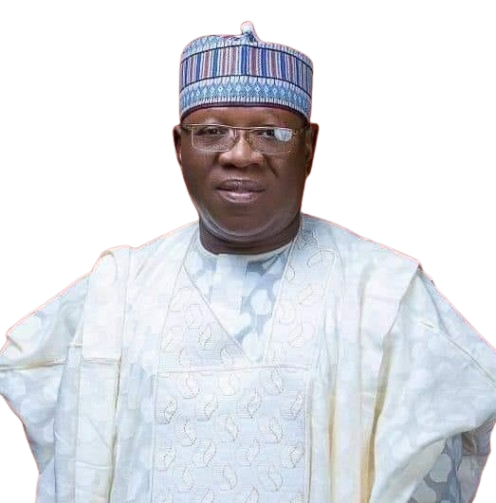The first edition of the Sungki Yandang Cultural Carnival in Mayo-Lope, Taraba State, served as a platform for prominent political figures to address critical issues ranging from national unity and patriotism to local development and community reconciliation. Alhaji Audu Lauya, a member of the House of Representatives representing Lau/Karim Lamido/Ardo Kola Federal Constituency, advocated for translating the national anthem into various Nigerian languages. He argued that this initiative would foster a deeper sense of national identity and promote unity among the diverse ethnic groups within the country. Lauya lauded the Yandang community for their pioneering effort in translating and singing the anthem in their native tongue, encouraging other communities to follow suit. This symbolic act, he believed, would strengthen the bonds of nationhood and contribute to overall national development.
Beyond the call for linguistic inclusivity in national symbols, Lauya also addressed the pressing issue of youth unemployment. He pledged his commitment to supporting young people in his constituency in securing employment opportunities at the federal level. Specifically, he encouraged qualified individuals to participate in the ongoing Nigerian Army recruitment drive. This focus on employment opportunities underlines the lawmaker’s recognition of the crucial role of youth engagement in community development and stability. His commendation of the Yandang people as peace-loving and dependable further emphasized the importance of community cohesion in fostering progress and prosperity.
Senator Shuaibu Lau, representing Taraba North, echoed the theme of community development by focusing on infrastructure. He pledged to facilitate the connection of Abbare Mayo-Lope to the national power grid. This initiative, according to Senator Lau, would serve as a catalyst for economic growth and job creation, particularly for the burgeoning youth population in the Yandang community. He acknowledged the community’s significant contribution to his electoral success in the 2023 general elections, emphasizing their role in ensuring peace and stability in the region. His call for continued peaceful coexistence amongst the Yandang people reinforced the vital role of community harmony in achieving sustainable development.
Governor Agbu Kefas, represented by the Secretary to the State Government, Timothy Kataps, addressed the historical challenges faced by the Yandang community. He underscored the importance of rehabilitation, reconciliation, and reintegration for the Yandang communities displaced by the devastating farmer-herder conflict of 2018. This commitment signifies the government’s recognition of the need to address past grievances and promote healing within affected communities. The Governor’s commendation of the Yandang community for organizing the cultural festival, along with the announcement to include the carnival in the state’s cultural calendar, further demonstrated the administration’s commitment to fostering cultural expression and community cohesion.
The Sungki Yandang Cultural Carnival, therefore, became a significant platform for political leaders to engage with the community and address crucial issues impacting their lives. The convergence of national themes like patriotism and unity with local concerns such as infrastructure development and conflict resolution highlighted the interconnectedness of these challenges and the need for collaborative solutions. The event’s focus on cultural preservation and celebration served as a powerful reminder of the importance of cultural identity in fostering community pride and resilience.
The success of the carnival, as evidenced by the widespread participation of Yandang people from various walks of life and the presence of traditional leaders from neighboring states, underscores its importance as a unifying force. It provided an opportunity for community members to connect with their heritage, celebrate their resilience, and engage with their political leaders. The festival effectively became a microcosm of the broader challenges and aspirations of the region, showcasing the potential of cultural events to act as catalysts for dialogue, reconciliation, and development. The pronouncements made by the political leaders present signify a commitment to addressing these challenges, albeit with the caveat that actual implementation will be the ultimate measure of their commitment to the Yandang community and the broader region.














